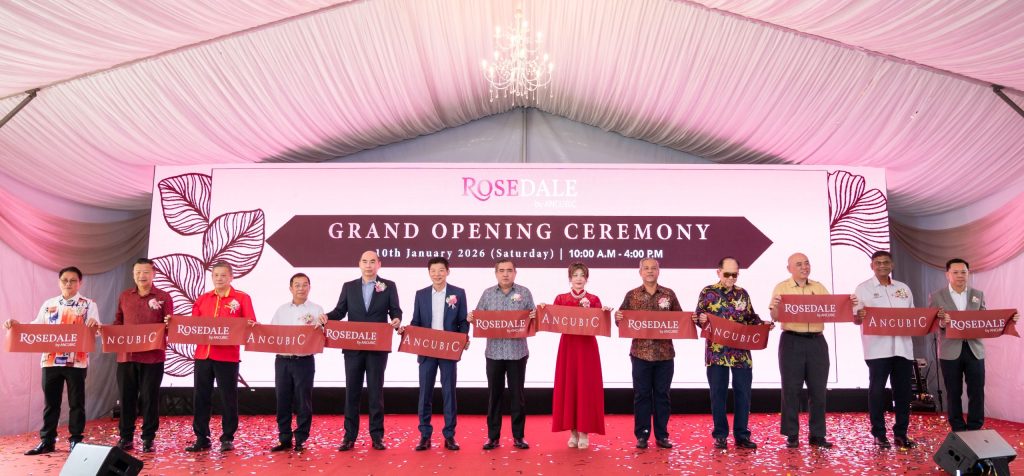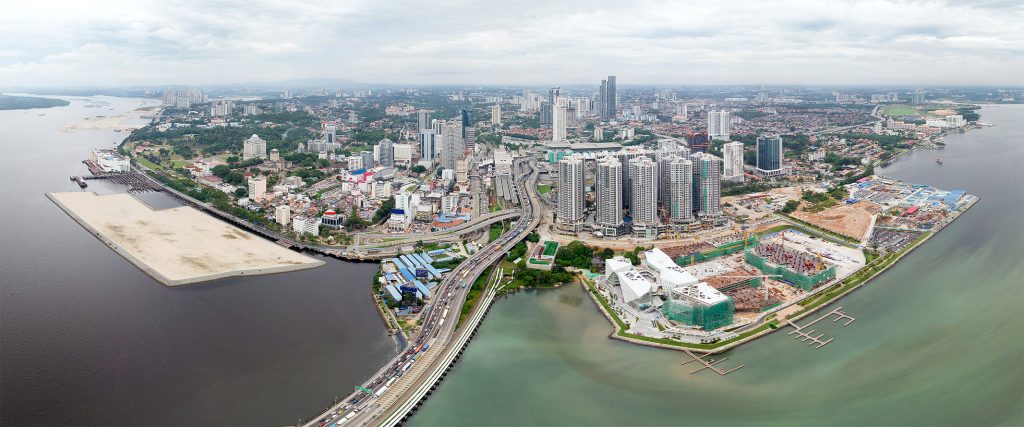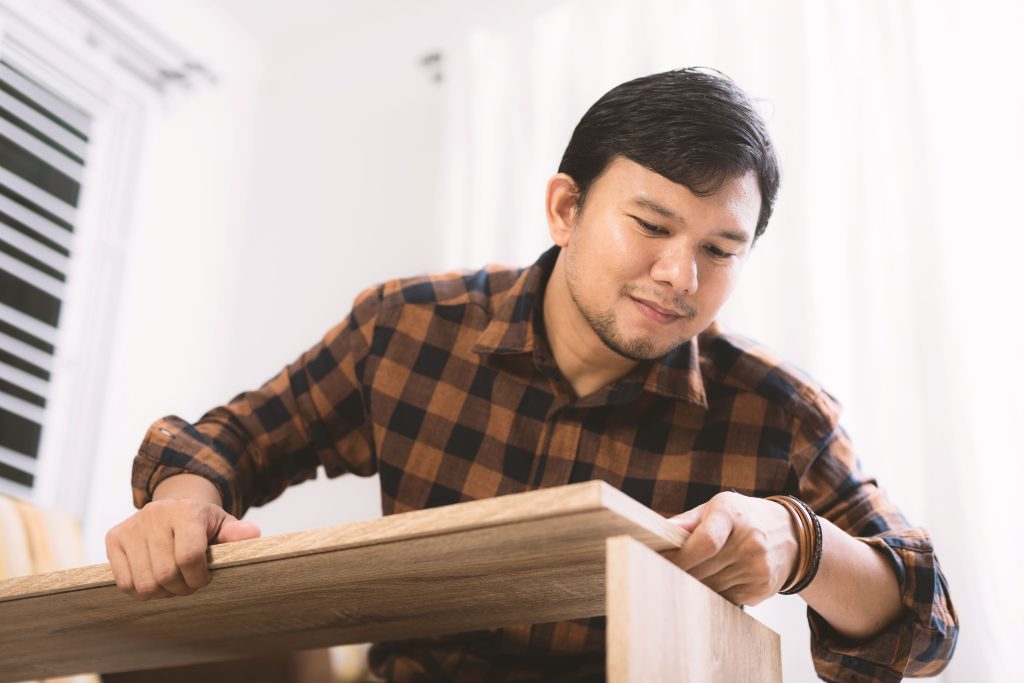BY ARNOLD LOH
EXCLUSIVE: GEORGE TOWN: Eight heritage properties here, worth almost RM10mil, may forever be stuck in legal limbo because of the way a group of Chinese women bought them.
A community of about 180 amahs or mah-jeh(Cantonese for mother-sister) bought nine properties between the 1950s and 1970s to have a place to stay after retirement.
Some 50 to 80 mah-jeh bought a row of four heritage houses in Jalan Pintal Tali (Rope Walk), which is just 350m from Komtar.
Another 100 bought five houses in Muntri Street. One of these was bought over by Chinese figurines dealer Datuk Lee Wing Kong about two decades ago.
“Each house was jointly owned by about 20 mah-jeh,” said Lee, 64, in an interview.
“All of them have passed away now with most of the properties remaining under their estates. A few have willed their shares to heirs who may be here or in China.
“There are too many joint owners for each house to feasibly sell them.

Looking back: Lee showing an old photo of the 18 ‘mah-jeh’ who owned the property in Jalan Pintal Tali, Penang.
“I think these properties will always remain unchanged as testimony to the mah-jehcommunity.”
Lee, who grew up in Rope Walk and runs his business there, had known the mah-jeh all his life. His late wife, Wong Yoke Chan, was adopted by a mah-jeh.
The mah-jeh were house servants from China who came here after 1930. They were multi-tasking governesses or female butlers, known for their loyalty and dedication to the master of the household.
The mah-jeh were an ancient sisterhood of well-off silk floss makers from the village of Shunde (Shun Tak in Cantonese) in Guangdong. To be free of the patriarchal society, they took vows of celibacy. They wore their hair in a long plait.
When the silk industry collapsed in the 1920s, they left to work as amahs in Hong Kong, then Malaya and the Straits Settlements, donning white blouses and black pants as their uniform.
Lee said he bought a house in Muntri Street from 14 mah-jeh when they offered to sell it to him.
“The transaction took about five years to complete because it was bogged down by red tape due to the large number of owners,” he said.
Of the remaining eight mah-jeh properties in Rope Walk and Muntri Street, he said some were rented out to businesses while others were vacant and used as stores with no one managing them.
Sharing memories of his wedding, Lee said he served tea to around 10 mah-jeh who raised his wife.
When he was courting Wong, who lived opposite his house, Lee said he would drop by almost every evening after work and became the mah-jeh’s letter writer as they dictated to him.
“The letters were always about money. Their families from China only wrote to them when they wanted cash. The mah-jeh always scolded them for being wasteful, but they still sent money back,” he recounted.
He described the mah-jeh as dignified, strict and disciplined.
Property lawyer Ong Yu Shin expressed doubt that the mah-jeh’s property could ever be transferred.
“Since they never had children, there are no natural heirs. They might have had god-children but these people don’t have legal rights of claim if the properties were not properly willed or entrusted to them.
“Theoretically, it is possible to transfer the property.
“But practically, if there are 20 dead owners per property and even one of them have probate issues, the High Court will never grant an order for sale and the Land Office will not allow the transfer,” said Ong.











































